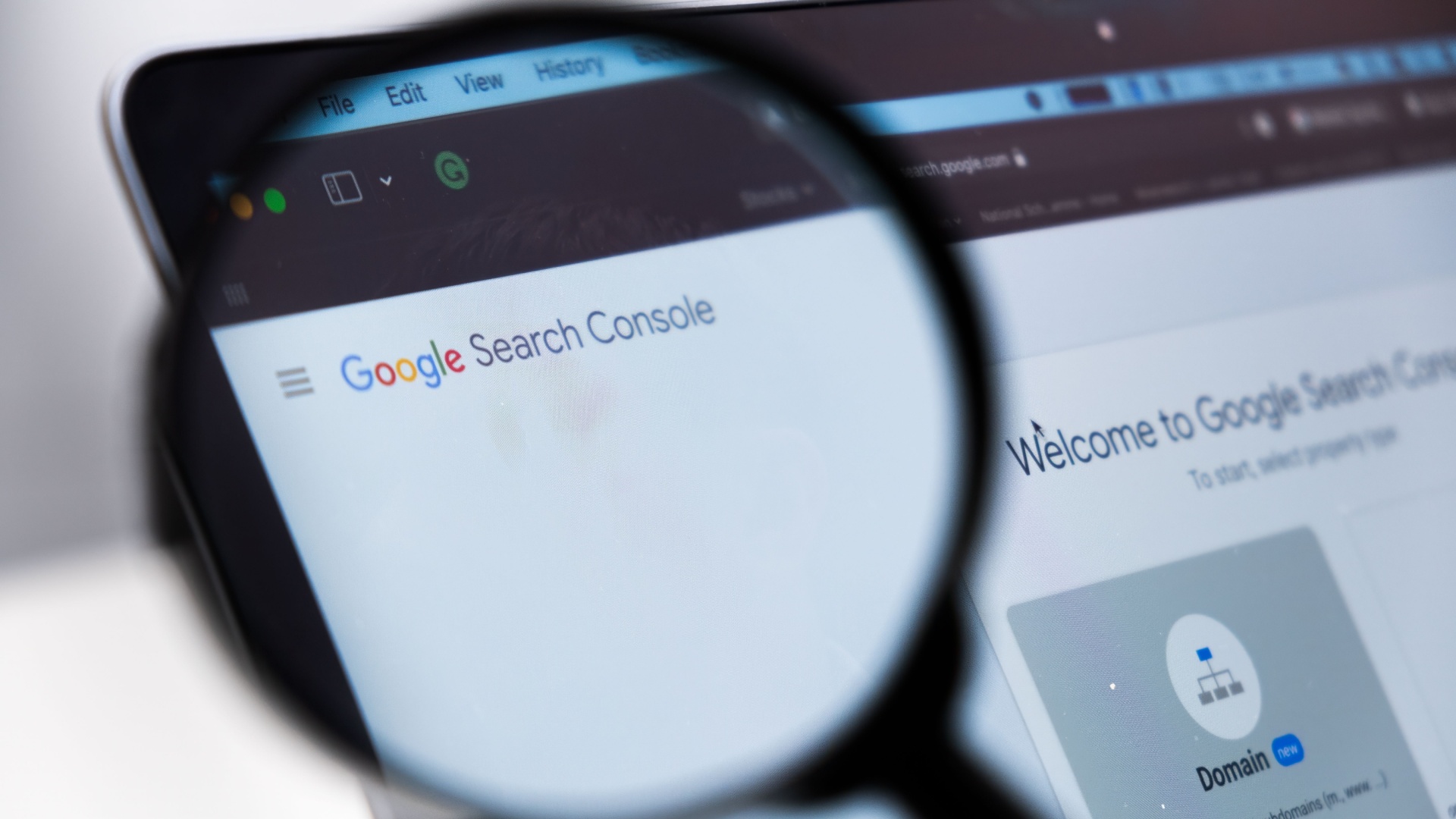
Resolving the “Duplicate without user-selected canonical” Error in Google Search Console
Navigating the complexities of SEO can often feel like walking a tightrope, especially when confused reports appear in Google Search Console (GSC). Among the frustrations faced by many SEO professionals is the haunting “Duplicate without user-selected canonical” error. It’s a stumbling block that, upon initial discovery, can induce panic across the board. However, it’s comforting to know there’s a path to resolution. Here is a concise guide to overcoming this common obstacle.
The first step is clear: access the error report in GSC. Locate the “Duplicate without user-selected canonical” section under the Pages report. Exporting this report will provide a detailed framework for subsequent analysis. From there, the investigation into canonical tags begins. It is crucial to manually inspect the canonical tags for a representative sample of URLs from the list. If Google is selecting a canonical that hasn’t been declared by the user, implementing self-referencing canonical tags sitewide is advisable.
One of the frequent culprits behind this error is the confusion stemming from HTTP versus HTTPS URLs. Given Google’s preference for secure connections, it is essential to establish a 301 redirect from HTTP to HTTPS or to add canonical tags to the HTTP versions. Additionally, ensuring consistency with trailing slashes in URLs also plays a pivotal role in how Google interprets the links, potentially avoiding issues with duplicated content.
Maintaining consistency between www and non-www versions of URLs is another critical factor; any inconsistency here can lead to Google viewing them as separate entities. Use 301 redirects to steer users and search engines toward the preferred URL.
The presence of session IDs and tracking parameters can complicate matters further. These parameters can inadvertently create different URLs in the eyes of search engines and should be handled deftly by avoiding their internal linking. Adding self-referencing canonical tags without these parameters, alongside blocking non-desirable indexed pages through robots.txt, can alleviate the issue.
Crucially, the importance of original content cannot be overstated. Duplicate content not only dilutes website authority but can also lead to the filtering out of pages by Google. Therefore, it is vital for content creators to ensure uniqueness across all website offerings, reinforcing their site’s SEO strength.
Finally, as digital marketing evolves, integrating tools such as URL shorteners can also be beneficial. By utilizing a short link management system, marketers can ensure a clean and efficient link structure, consolidating their URLs for tracking and sharing purposes. A custom domain for short links enhances brand visibility while maintaining a professional appearance. Platforms like BitIgniter and LinksGPT can facilitate these needs, enabling SEO professionals to manage links effectively while promoting a seamless user experience.
In conclusion, rectifying the “Duplicate without user-selected canonical” error hinges upon a diligent review and modification of web content and structures. Prioritizing high-quality, original content alongside strict adherence to canonicalization practices can dramatically enhance a site’s SEO performance, ensuring it stands strong in the competitive digital landscape.
Schlagwörter:
#BitIgniter #LinksGPT #UrlExpander #UrlShortener #SEO #DigitalMarketing
Want to know more: https://searchengineland.com/google-search-console-duplicate-without-user-selected-canonical-error-460824

